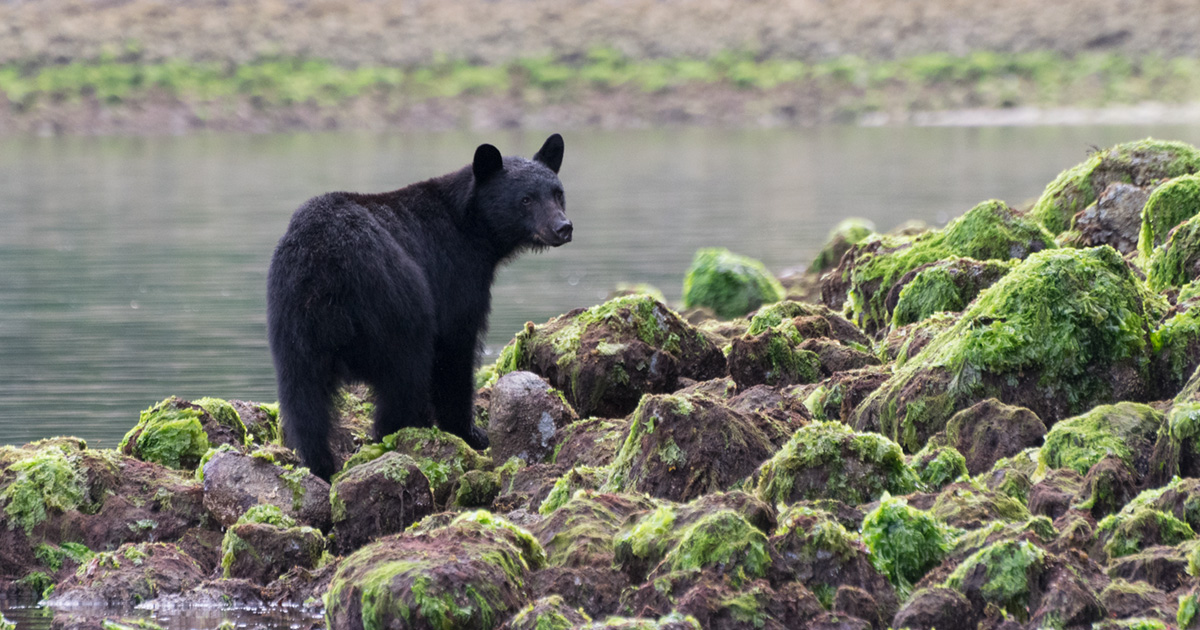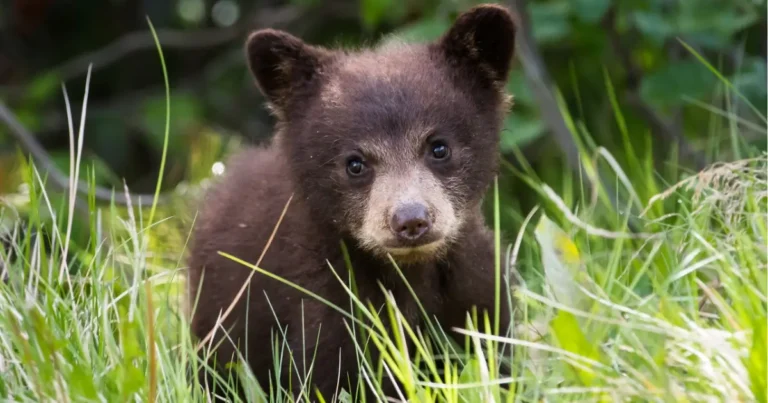
Together for Wildlife – A Proposed Pathway Forward for Wildlife and Habitat in British Columbia is a rough plan assembled by the Ministry of Forests, Lands, Natural Resource Operations and Rural Development. It was developed through “comprehensive discussions with Indigenous communities, 60 stakeholder groups and more than 1400 members of the public. This included rural communities, academic institutions and a wide range of resource industry, conservation, hunter, trapper, guide, recreation and tourism stakeholder organizations, as well as the public. We asked what actions we should take to improve wildlife stewardship.”
The Fur-Bearers and a number of other wildlife-focused non-profits and charities were not included in these discussions. However, we have assembled a few thoughts on the province’s document and today submitted them. We kept our notes brief and primarily based on the Together for Wildlife document, though one or two points reference supporting documentation from the consultation process. We invite all BC residents to also submit comments to:
Improving Wildlife Management and Habitat Conservation Initiative
Ministry of Forests, Lands, Natural Resource Operations and Rural Development,
PO Box 9391 Stn Prov Govt Victoria B.C. V8W 9M8
engage.gov.bc.ca/wildlifeandhabitat
wildlifeandhabitat@gov.bc.ca
You may use our comments below or write your own. The deadline for these submissions is January 9, 2020.
Re: Improving Wildlife Management and Habitat Conservation Initiative
Please see our concerns and comments regarding the initiative below. These are primarily in response to the document presented but some reference items that were included in the consultation reports.
- Non-profits who are concerned with animal welfare and rights need to be included as stakeholders as we represent hundreds of thousands of taxpayers in British Columbia;
- Community coexistence with wildlife is not mentioned;
- Urban and suburban wildlife issues, which are becoming more prevalent, are not mentioned;
- A willingness to put habitat first and recreation or industry second is not mentioned;
- Non-consumptive users should not be weighted differently than consumptive users; in fact, non-consumptive users in Canada contribute more financially to the economy than consumptive users, as per the 2012 Canadian Nature Survey (trappers and hunters represent only 5% of people who spend time outdoors recreating and contribute economically);
- Wildlife rehabilitators, who protect and heal ill, injured and orphaned species without government assistance or significant contributions from consumptive wildlife users, need to be included in these conversations as well;
- Ethics must be a part of conversation along with science: science cannot tell us if we should do something, only if we can;
- Avoid planning community-based feedback programs when it is known the pubic is disengaged (seasonal winter holidays, long weekends, etc.).
We trust that feedback from all residents, regardless of political affiliation or association to consumptive wildlife special interest groups, will be considered and given equal weight.
Sincerely,
Lesley Fox, Executive Director
The Fur-Bearers

